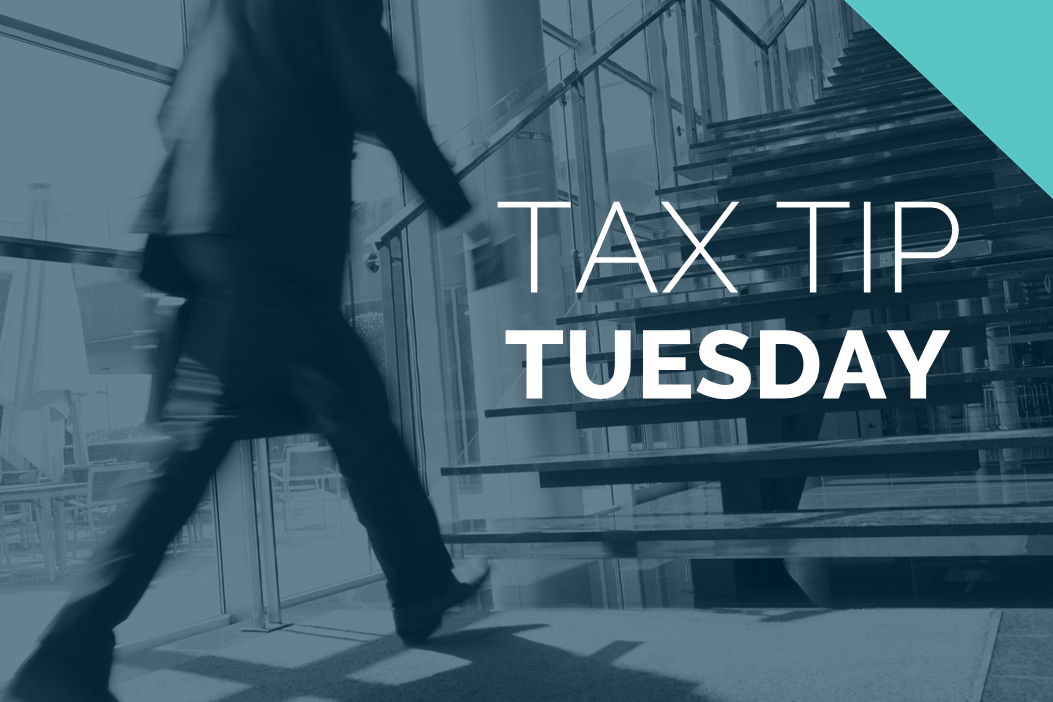Effective May 21, 2023, P&N has joined EisnerAmper. Read the full announcement here.

There is no question that one of the hardest hit sectors due to the COVID-19 pandemic is the restaurant industry. According to the National Restaurant Association, more than 8 million restaurant employees were laid off or furloughed, and the industry lost $200 billion in sales between March and September 2020. Juggling the responsibilities of resuming operations and adhering to safety standards, restaurant owners are not only responsible for the health and safety of their customers and employees, but also the health of their business. With that in mind, here are a few opportunities to consider as your restaurant adapts to functioning during a global pandemic:
Louisiana Tax Credit for Restaurants and Bars Shut Down Amid COVID-19
On November 6, 2020, Governor Jon Bel Edwards signed into law Louisiana S.B. 72, which offers an income tax credit to refund of certain state license or permit fees imposed by the commissioner of alcohol and tobacco control. This is a one-time refundable credit for the 2020 tax year and is available to the owners or operators of qualifying restaurants and bars.
The amount of the credit will be equal to the amount of the 2020 annual license or permit fees paid to the Louisiana Office of Alcohol & Tobacco Control, prorated for the period of time that the permit holder was required to temporarily close operations due to the government proclamation of a statewide COVID-19 public health emergency.
Corporations will claim this credit on the 2020 Louisiana Corporate Income and Franchise Tax Return. Entities not taxed as a corporation will claim the credit on the Louisiana Income Tax Return of its partners or members.
Work Opportunity Tax Credit (WOTC)
While the Work Opportunity Tax Credit (WOTC) has been in existence for many years, restaurants may find it especially useful due to the economic climate created by the COVID-19 pandemic. The WOTC is a federal tax credit available to any employer who hires individuals from certain targeted groups. Due to the rise in unemployment, many restaurants may be able to take advantage of this credit as they reopen, as among these targeted groups are:
- Qualified Long-Term Unemployment Recipients: Individuals qualify under this category if they have been unemployed for at least 27 consecutive weeks and were receiving unemployment compensation during some or all of the period.
- Qualified Veterans: This covers veterans who have been unemployed for a period totaling at least four weeks within the last year
- Summer Youth Employee: This includes an employee between the ages of 16 and 18. They must work between May 1 and September 15, and live in specified low-income areas.
Per the instructions for Form 8850, Pre-screening Notice and Certification Request for the WOC, the job applicant gives information to the employer on or before the day a job offer is made. To qualify for any part of the credit, an employee must work at least 120 hours. If a qualifying employee works between 120-400 hours, the amount of the credit is 25% of qualifying wages. If the qualifying employee works 400 hours or more, the maximum credit of 40% of qualifying wages will apply.
The WOTC is a federal non-refundable tax credit, generally limited to $2,400 per qualifying employee. However, in certain situations, the credit may be as high as $9,600. For more details on this credit, including additional targeted groups eligible, see our previous article.
Main Street New Loan Facility (MSNLF)
The Main Street New Loan Facility is a lending program intended to facilitate lending by eligible banks, which may help provide funds to small and medium-sized businesses impacted by the coronavirus pandemic. Eligible borrowers include businesses with up to 15,000 employees or up to $5 billion in 2019 revenue and that were established prior to March 13, 2020.
The program allows for loans between $100,000 and $35,000,000; however, the borrower’s debt (including MSNLF) cannot exceed four times the borrower’s EBITDA.
The loans are unsecured with a term of 5 years. Below are the allowable repayment terms per the program:
- Year One – No interest or principal
- Year Two – Interest only
- Year Three – Interest and 15% of principal
- Year Four – Interest and 15% of principal
- Year Five – Interest and 70% of principal
The program has adjustable interest rates which are determined by the London Inter-Bank Offered Rate (LIBOR) plus 300 basis points or 3%.
There is a loan origination fee of 1% for loans greater than $250,000, and there are no prepayment penalties.
Originally slated for a September 30, 2020 end date, on July 28, 2020 it was announced that the Main Street Lending Program facilities are extended to December 31, 2020. More details on these loans are available here.
Economic Injury Disaster Loans (EIDL)
The EIDL program is administered by the U.S. Small Business Administration (SBA) and is designed to help nonprofits and small businesses meet financial obligations and operating expenses which normally could have been met if the disaster had not occurred. Funds can be used to pay fixed debts, payroll, accounts payable, utilities and other bills; however, the funds are not allowed to be applied to the same expenses for which Paycheck Protection Program loan proceeds are used.
The loans provide nonprofits and small businesses with up to $2 million in coronavirus-related economic relief; however, loans rarely exceed $150,000. Additionally, these loans are usually limited to six months of working capital, but the SBA has recently been limiting the loans to two months.
The interest rate for these loans is 3.75% for for-profit businesses and 2.75% for not-for-profit organizations. Collateral is required for any loans over $25,000 and no personal guarantee is required for loans not exceeding $200,000. Repayment terms have a maximum of 30 years and there are no pre-payment penalties or fees. Payments may be deferred up to one year, with interest accruing during the deferral period.
Employer Mandate Under the Affordable Care Act
If you previously had 50 or more full-time employee equivalents, don’t forget to re-evaluate your status as an Applicable Large Employer (ALE) under the Affordable Care Act (ACA).
Employers having an average of at least 50 full-time equivalent employees during the prior year are considered ALEs for the current calendar year. For the purposes of the ACA, a full-time employee is someone who works at least 30 hours a week. The ACA mandates that ALEs must offer their full-time employees the opportunity to enroll in a health insurance plan that provides minimum essential coverage. If they don't, the employer may be subject to a "shared responsibility payment," also called a Section 4980H penalty.
If your business previously fell under this mandate, but your workforce was reduced to less than an average of 50 full-time equivalent employees for 2020, you may no longer fall under this requirement for the calendar year 2021 and thereby may not need to offer insurance coverage while you are a small business. This may allow your employees to get premium tax credits and reduce your employee benefit expenses.
We Can Help
P&N continues to closely follow all developments in legislation and relief efforts which may be available to you. If you have any questions related to these or other programs, please contact us. Our experienced professionals are available to help businesses like yours recover from the economic impacts of COVID-19.



